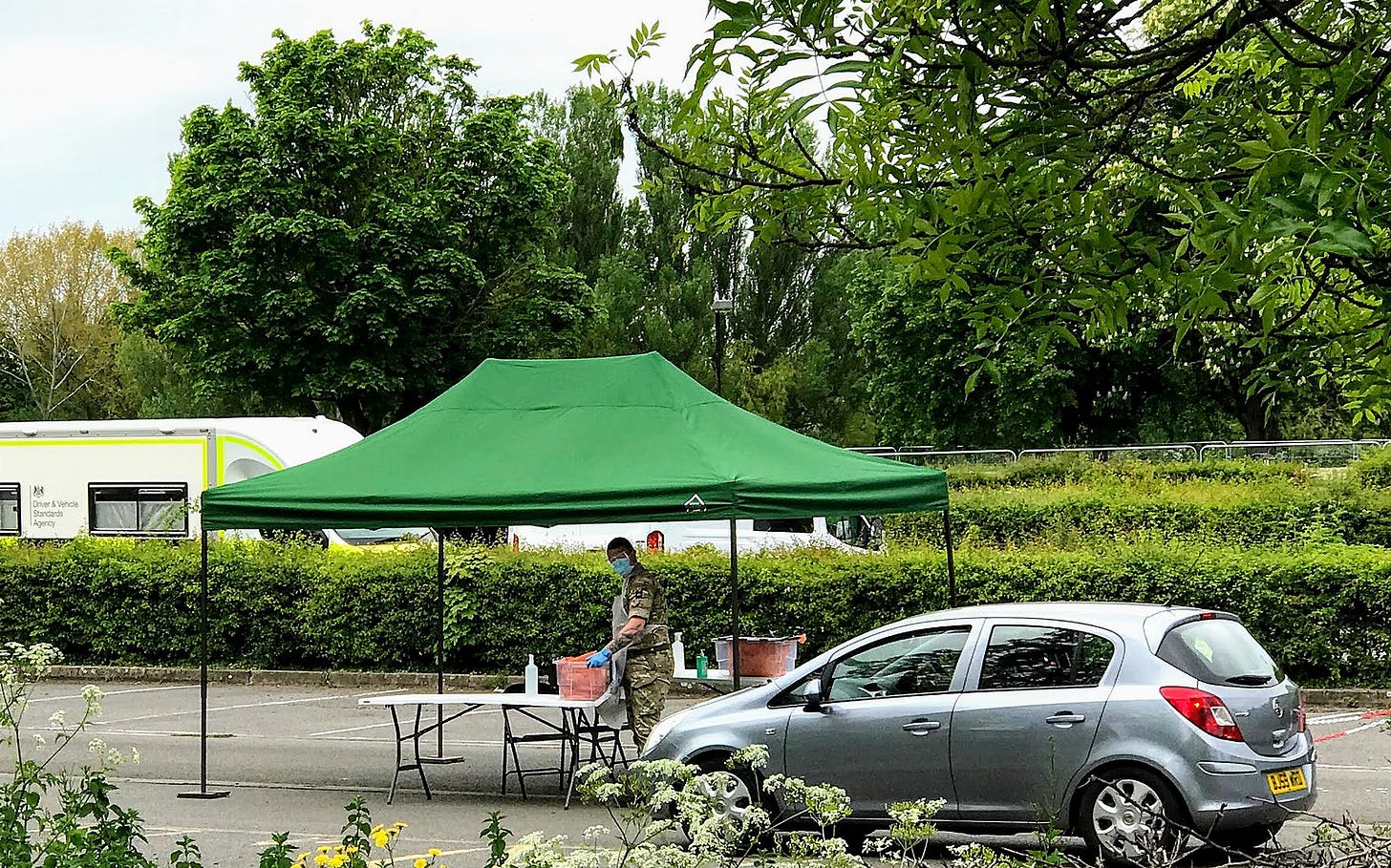The army is not Britain's emergency plumber
Deterring Russia requires a military focused on warfighting, not patching holes in a crumbling state
Without wishing to accidentally parody The Daily Telegraph comment section, there have been times in recent years when the UK resembled a Soviet satellite state. Not because of crumbling infrastructure or stagnant economic growth, but because of the government’s penchant for calling in the army.
Of course, soldiers lugging sandbags in the case of flooding or driving ambulances to cover for striking paramedics is not quite the same as violently suppressing the Hungarian Uprising or Prague Spring. But that is also kind of the point.
As the threat to the European continent and the British homeland receded following the end of the Cold War, a couple of things happened. First, UK troops began to be deployed to smaller wars of choice, such as the Gulf War (1990-91), Bosnia (1992-95), Kosovo (1998-99), Sierra Leone (2000-02), Afghanistan (2001-21) and Iraq (2003-09).
Second, the British taxpayer started to enjoy what became known as the peace dividend. Despite these deployments, defence spending as a percentage of GDP fell from 4% in 1990 to 2% in the mid-2000s. Indeed, hitting that Nato target occasionally required some creative accounting, such as including armed forces pensions, which sit outside the Ministry of Defence’s budget.
The end of the Iraq War and the winding down of commitments in Afghanistan also coincided with political changes back home: specifically, austerity. As fiscal retrenchment in the early 2010s began to gnaw away at state capacity, the government grew increasingly accustomed to treating the armed forces as the public sector’s last line of defence.
So when G4S, the private security company hired for the 2012 London Olympics, revealed just weeks before the opening ceremony that it would not be able to supply sufficient personnel for the Games, the army was called in. In the end, around 18,000 service personnel provided support — some of whom had their holidays cancelled in order to do so.
The Covid-19 pandemic accelerated the trend, with troops doing everything from delivering fuel to operating test centres. Meanwhile, just last year, soldiers were being trained to stamp passports in the event of industrial action by Border Force agents at ports and airports.

The end of the post-Cold War dividend will require not only higher levels of taxation, but also a reset of the relationship between the state and the armed forces. If the UK truly is heading, as the prime minister suggests, to a place of “warfighting readiness”, British soldiers cannot be occupied by responding to extreme weather events or helping old ladies with their shopping. That responsibility must return to civilian institutions.
Funding is of course the big question, one that this newsletter has thus far studiously chosen to avoid. Literally no one in government believes that current plans to raise defence spending from 2.3% to 2.5% of GDP by 2027 will be sufficient. Yet the Starmer-Reeves axis does not seem prepared even to make the argument for raising the broad-based taxes necessary to hit 3% any time soon, let alone the 3.5% that Nato appears to be pushing.
Ultimately, the army exists to defend the UK’s citizens and interests, not to deliver fuel or fill in for striking public servants. As global threats multiply — from Russian revanchism to Chinese revisionism and Iranian subterfuge — military readiness will matter more than ever.
Relying on the armed forces to compensate for frayed state capacity is not just inefficient; it erodes Britain’s credibility. Effective deterrence requires a military focused on warfighting, not patching holes in a crumbling state.



I appreciate that when push comes to shove it should be the well off who shoulder most of the burden. I suggest that the tax rate for people earning over £70,000 a year of taxable income should increase to 50%. As most of these people employ tax accountants to minimise their liability for tax, all allowances should be limited to the first £20,000 of taxable income. A wealth tax is impossible, according to the experts, so people with assets valued at more than £10 million should be required to purchase the equivalent of War Bonds to finance the additional costs of preparation for warfare.